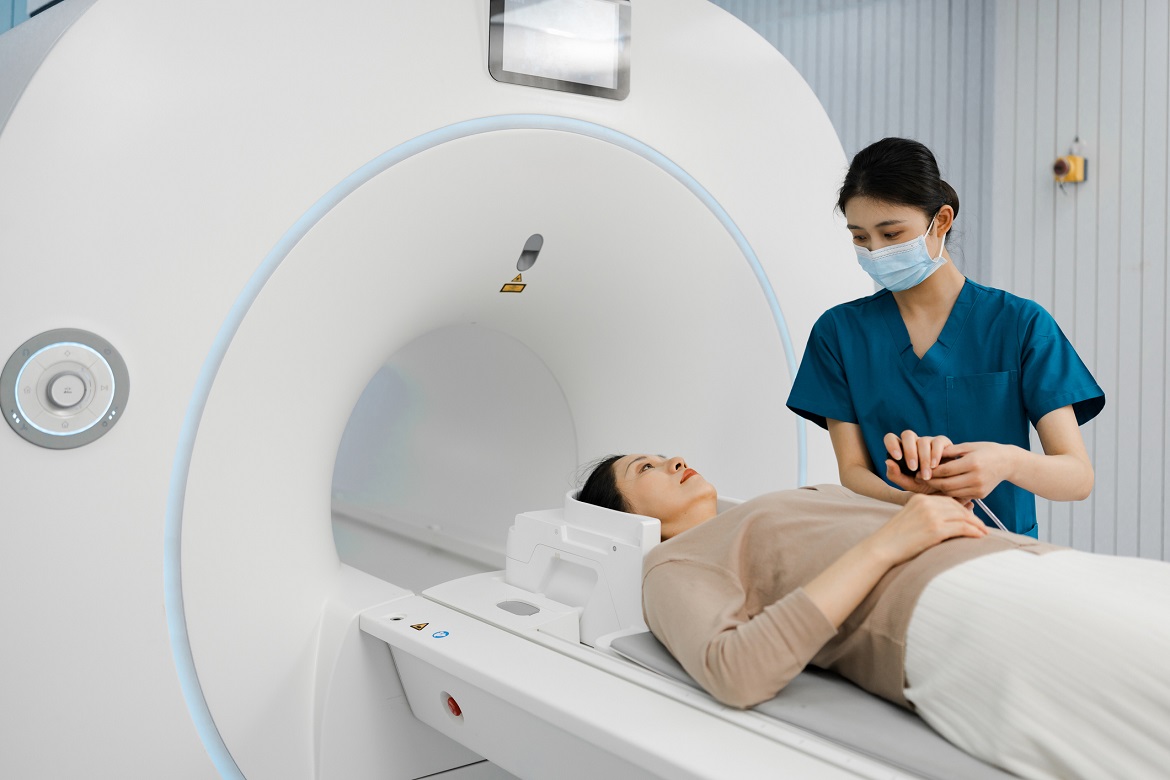Hashimoto’s disease is an autoimmune condition that damages the thyroid, often leading to...
Read More
Hypopituitarism happens when the pituitary gland doesn’t make enough hormones. As a chronic disorder, it requires lifelong treatment and management with the help of an endocrinologist.
Hypopituitarism is a condition where the pituitary gland—a small gland located at the base of the brain produces insufficient hormones, affecting growth, metabolism, and reproduction. This hormone deficiency can lead to various symptoms, depending on which hormones are affected.
There are several types of hypopituitarism, categorized based on the number of hormones that are deficient:
Deficiency of one or a few pituitary hormones, leading to selective symptoms related to the specific hormones involved
Total failure of pituitary hormone production, resulting in a more widespread impact on bodily functions
Caused by hypothalamus dysfunction, leading to reduced pituitary stimulation
Causes of hypopituitarism can include pituitary tumors, traumatic brain injury, radiation therapy, infections, autoimmune disorders and genetic conditions. Risk factors include a family history of pituitary disorders, chronic illnesses, and previous brain surgeries or treatments. Identifying the type and cause is key to effective diagnosis and treatment.
Symptoms and signs of hypopituitarism depend on the hormones your body is deficient in. Growth hormone (GH) deficiency symptoms include:
Luteinizing hormone (LH) and follicle-stimulating hormone (FSH) deficiency, known as hypogonadism, symptoms include:
Thyroid-stimulating hormone (TSH) deficiency, known as hypothyroidism, symptoms include:
Adrenocorticotropic hormone (ACTH) deficiency symptoms include:
Anti-diuretic hormone (ADH) deficiency symptoms include:
Prolactin deficiency symptoms include:
Diagnosis involves a physical exam, symptom review and medical history assessment. Blood tests measure pituitary hormone levels to identify deficiencies. Imaging tests like MRIs or CT scans help detect pituitary abnormalities. Endocrinologists may also perform stimulation or dynamic testing to evaluate hormone production in response to specific medications.

Treatment for hypopituitarism depends on the type and symptoms and can include:

Hormone replacement medications can help the body return to normal levels of hormones you may be deficient in. Depending on the type, hormones can be given through oral medication, patches, gel or injections.

Some individuals may seek treatment specifically for their symptoms and underlying causes of hypopituitarism. Lifestyle modifications, medication and close monitoring by an endocrinologist can help you find relief from symptoms.

Hypopituitarism caused by a tumor in or around the pituitary gland is typically treated with surgery. Some tumors may be treated with radiation or other medications.
At Inspira, we provide personalized care for hypopituitarism, focusing on long-term management and well-being. Our expert endocrinology team develops tailored treatment plans to address hormonal imbalances and individual health needs. We emphasize the importance of open communication and building a strong therapeutic relationship, ensuring that you feel supported, informed and empowered throughout your journey.
There’s no proven way to prevent hypopituitarism, largely because its causes, such as autoimmune disorders and genetic factors, can be complex and vary significantly from person to person. Maintaining a healthy diet, regular exercise and adequate sleep can help keep your hormone levels stable.
Hypopituitarism can affect your entire body, including your brain and your emotions. It doesn’t change your personality, but it can come with many lifelong adjustments and changes that affect your mood and can cause depression, anxiety and behavioral disturbances.
While hypopituitarism typically cannot be cured, it can be managed through hormone replacement therapy and lifestyle changes. Continuous monitoring and adjustments can help alleviate symptoms, as hormone levels can fluctuate throughout life. Lifelong management is important to enhance the quality of life and reduce potential complications related to bone density, metabolic health, fertility and more.

Hashimoto’s disease is an autoimmune condition that damages the thyroid, often leading to...
Read More
The thyroid is a small yet powerful regulator of vital bodily functions. Explore how lifestyle...
Read More
According to the American Thyroid Association, about one in 10 Americans suffer from some type of...
Read More